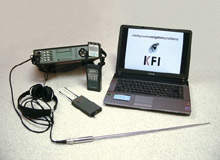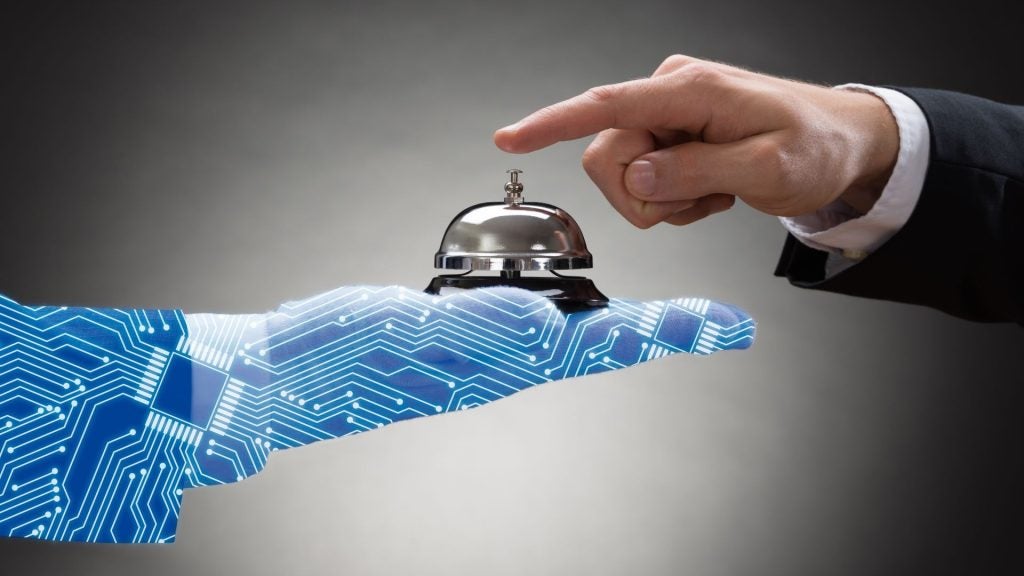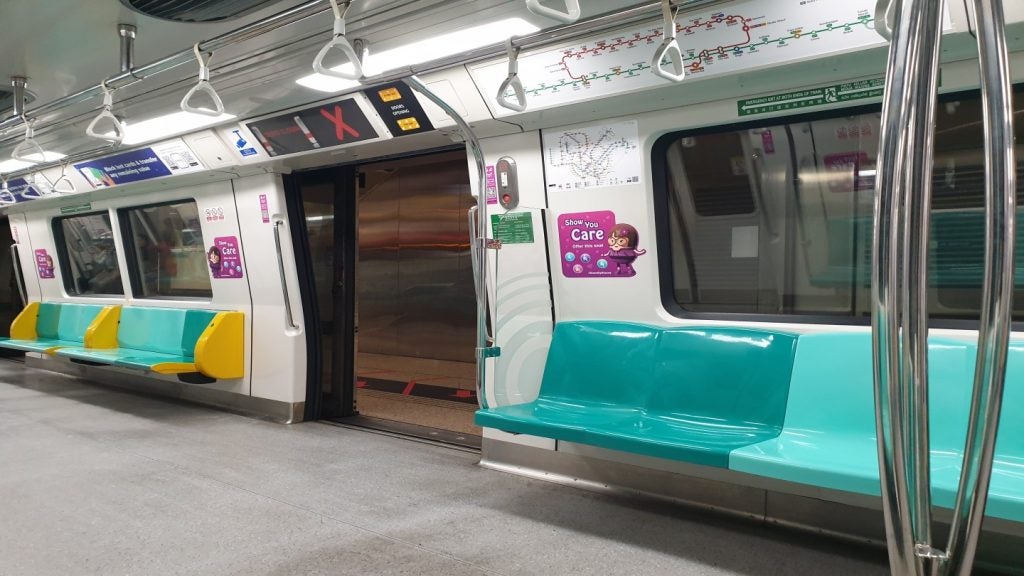
With more companies operating on a global scale, it is not uncommon that corporate deals and business meetings take place in hotel meeting facilities around Europe. In many ways this setting is ideal.
However, with the increasing pace of technology and the easy access of bugging devices over the internet, deal makers around Europe are becoming increasingly wary of the emerging danger of electronic eavesdropping. Easy-access venues such as hotel conference rooms are particularly likely to be affected.
The list of potential eavesdroppers is endless and includes competitors, intrusive agencies, unscrupulous journalists, criminals, activists and opportunists – anyone who could gain an advantage from timely information.
Large corporate deals, expansion plans, new appointments or legal mediations are often discussed in hotel rooms or hotel meeting facilities, but competitors can take advantage of this. Hotels need not only be aware of this emerging issue but should also take preventive measures to reassure customers that their rooms are secure.
WHAT IS BUGGING YOU?
See Also:
More so today than ever before information equals money, and stealing it has never been easier. Advances in technology and the internet have made intercepting communications seem almost effortless.
How well do you really know your competitors?
Access the most comprehensive Company Profiles on the market, powered by GlobalData. Save hours of research. Gain competitive edge.

Thank you!
Your download email will arrive shortly
Not ready to buy yet? Download a free sample
We are confident about the unique quality of our Company Profiles. However, we want you to make the most beneficial decision for your business, so we offer a free sample that you can download by submitting the below form
By GlobalDataAnti-surveillance specialists estimate that, in a typical hotel room, bugs can be hidden in more than 25 different places. Electrical plugs and telephones are obvious choices, but plants, air fresheners and pens are also often used for disguising bugs.
Eavesdroppers and corporate spies rarely break into premises. Devices are often believed to be brought in by a disloyal member of staff who has been paid to act as a courier. Alternatively, eavesdroppers are known to disguise themselves as cleaning contractors, electricians or security guards, all of whom have an excuse to enter the premises. The bugging equipment, such as a microphone in an air freshener, is prepared beforehand and can be installed within seconds.
Information is as important as any other asset and hotels that provide meeting rooms for business clients have an obligation to ensure that sensitive conversations and information remain within those four walls. Therefore, when clients book meeting facilities, hotels should check if the client wishes to ensure that the room is completely safe and secure from any form of electronic devices.
HOW DOES IT WORK?
There is no do-it-yourself guide when it comes to revealing unwanted electronic equipment. Detecting bugging devices is a labour-intensive process carried out by highly skilled experts. They make a sweep of the premises and complete a review of the hotel’s current security policies and procedures.
The first job is to inspect the perimeter and interior of the meeting room, paying particular attention to doors, locks, windows, vents and alarms. The consultants use wide-band electronic detection equipment which can check telephones, rooms and even bodies for bugs or hidden cameras. This can detect all major forms of bugs, taps, transmitters, cameras and telephone listening devices.
Following this, a physical check is carried out. The experts look for actual devices but also for evidence of prior eavesdropping attempts, such as small pieces of wire, tape, holes, fresh paint or putty or disturbed dust. This visual inspection should be thorough and include inspections of furniture, fixtures, wiring, ductwork and all small items within the area.
WHO TO EMPLOY
Appointing professional and experienced people for this job is paramount. Any MI5 enthusiast or former military personnel can take out an advert in the Yellow Pages but this does not guarantee that they have the skills or equipment for the job. Hoteliers should take certain precautions beforehand:
- Ask for proof of experience – being an ex detective does not suffice
- Ask to see examples of the detection equipment
- Ask for references from previous clients
Any reputable company will be comfortable showing their office. Many, not so reputable, work out of a back bedroom.
MOBILE PHONES
Few information leaks can be blamed on active electronic eavesdropping devices alone. Security issues of using mobile phones for either conference calling or video calls are rarely given a second thought, but mobile phones are increasingly being used as eavesdropping devices. From open connections or record functions to snapshot pictures of important documents, mobile phones can pose a serious threat to the safety of meeting rooms at hotels.
A small handheld device known as a signet can detect mobile phones in use. It fits in a pocket or briefcase and could easily be brought undetected into a meeting to alert attendants of any unwanted activity.
Due to the nature of bugging it is difficult to know for certain how widespread the problem is. However, experience in the counter surveillance industry shows that it is an increasing problem. For hotels, the first step is to acknowledge the potential of electronic eavesdropping in their meeting rooms. Bugging devices are commonly available and can be installed in a matter of seconds.
Information is a vital asset for any company and needs to be treated as such by hotels offering meeting rooms for business customers. The price for not doing this can be high. However, with the right focus, offering guaranteed secure meeting rooms is also a potentially lucrative business opportunity.







